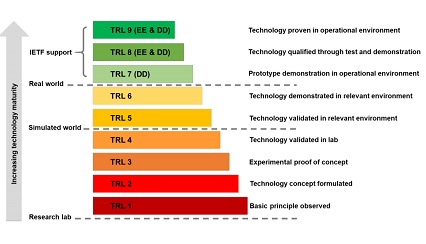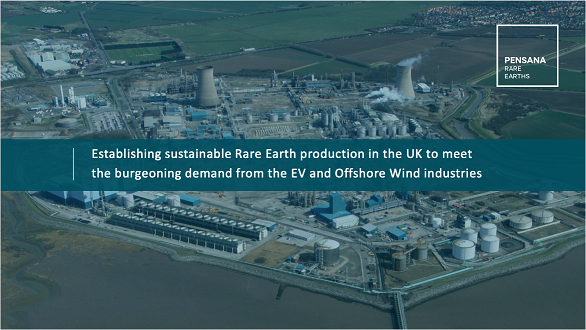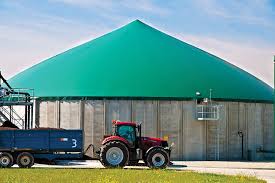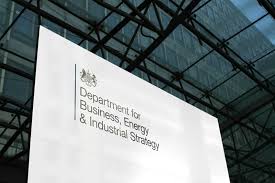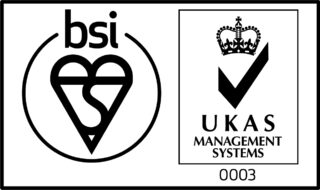The General Manager of the Phillips 66 Humber Refinery at South Killingholme has joined the board of the Greater Lincolnshire Local Enterprise Partnership. The appointment of Darren Cunningham, who is Lead Executive at Phillips 66 in the UK, strengthens representation on the LEP’s Board of Directors from northern Lincolnshire.
Last year North and North East Lincolnshire chose to remain in the Greater Lincolnshire LEP area, while the Humber LEP is being renamed the Hull and East Yorkshire LEP. A chemical engineer by training, Darren has more than 30 years’ experience in various refining and commercial roles and has been General Manager of the Humber Refinery since 2017.
He began his career with Conoco at the Humber Refinery in 1985, where he held various roles in engineering and planning and economics. In 1993 he transferred to the commercial office in London as a crude oil trader. He then took assignments in Singapore and across the United States, working in business development and corporate strategy roles. He is now leading the Humber Refinery and Phillips 66 UK decarbonisation agenda.
“I’m honoured to join the Greater Lincolnshire Local Enterprise Partnership and look forward to working together as our region looks towards the future in these most challenging times,” he said.
Pat Doody, Chair of the Greater Lincolnshire LEP, welcomed Darren to the board.
“On behalf of the board I am delighted to see an individual with Darren’s vast experience and capability in such an important sector to the LEP economy, with its change agenda, joining us. Having a key south bank employer on board is also important to fully represent the LEP geography.
“I know the board is looking forward to Darren’s valuable contribution and shares his enthusiasm for the numerous opportunities evident in the north of our area.”
Phillips 66 is an American multinational energy company based in Houston, Texas.
The Humber Refinery was built at South Killingholme in 1966 and has a crude oil processing supplying 24% of UK fuels. Humber is leading the way in low carbon fuels production and was the first in the UK to produce fuel, at scale, from used cooking oil.
The Humber Refinery is a key partner in two leading decarbonisation projects for the region, Humber Zero and the Gigastack, and is one of the most complex refineries in the Phillips 66 portfolio and one of the most sophisticated in Europe.



